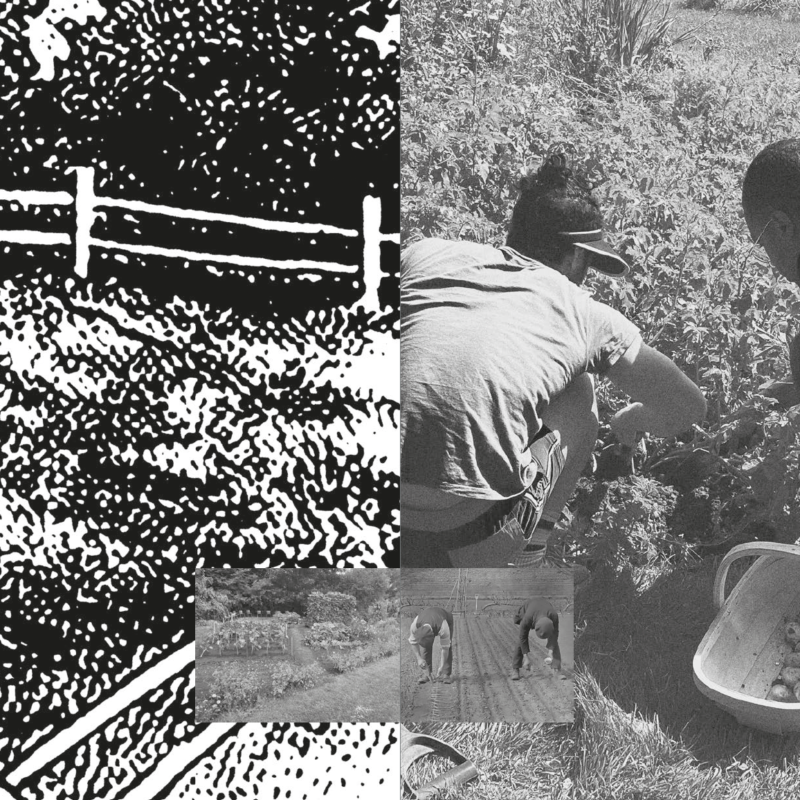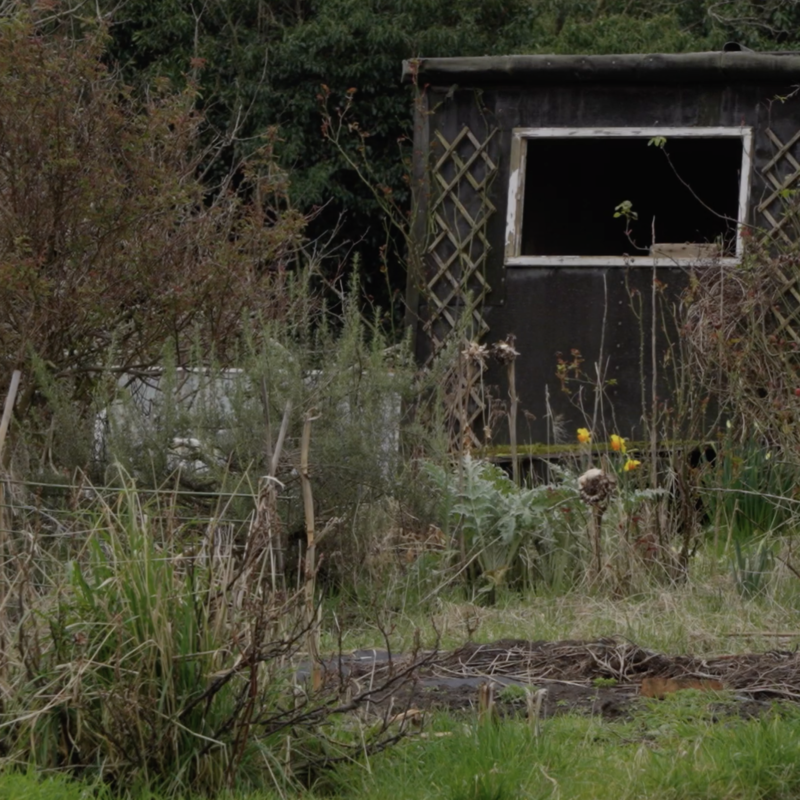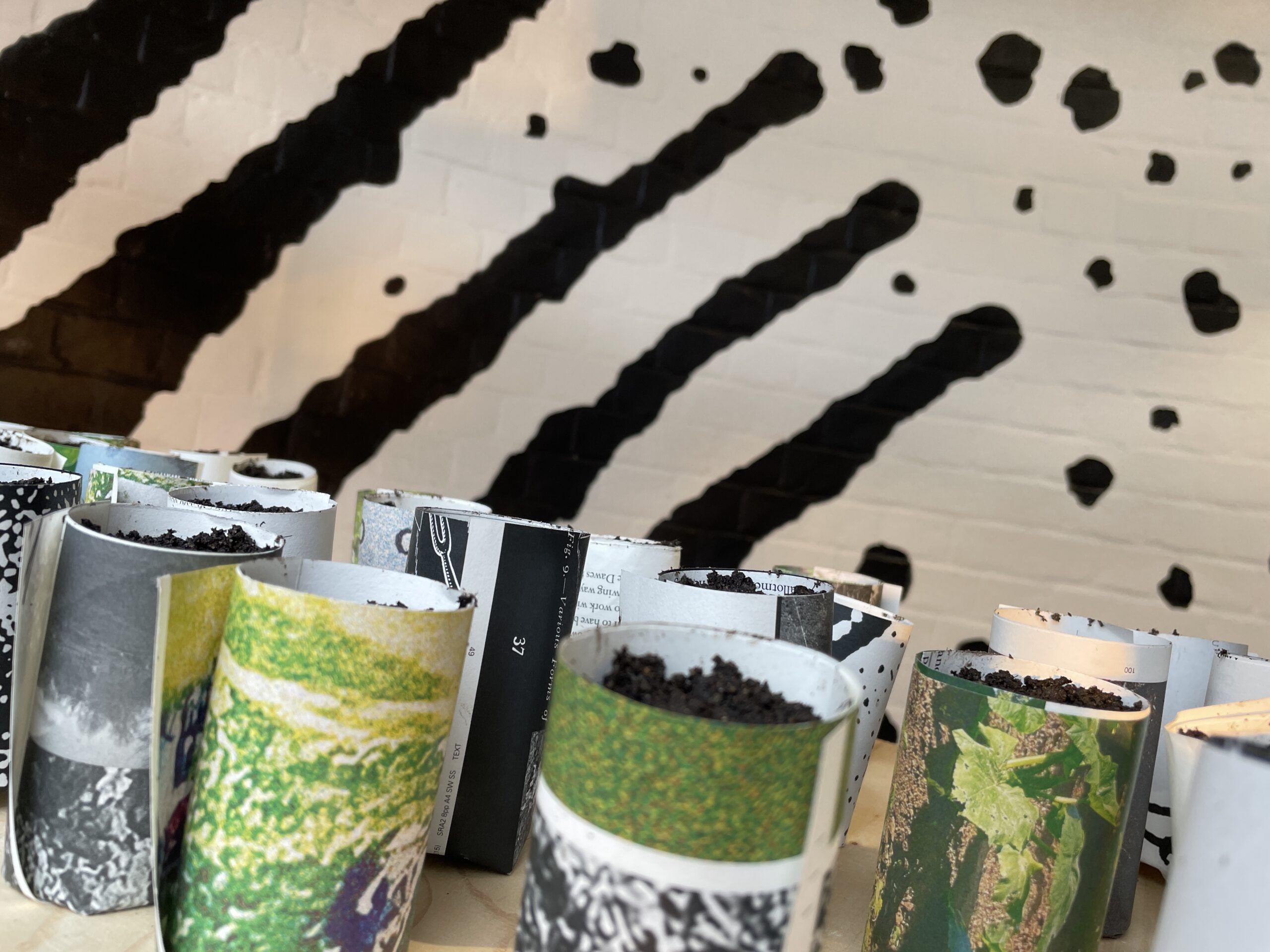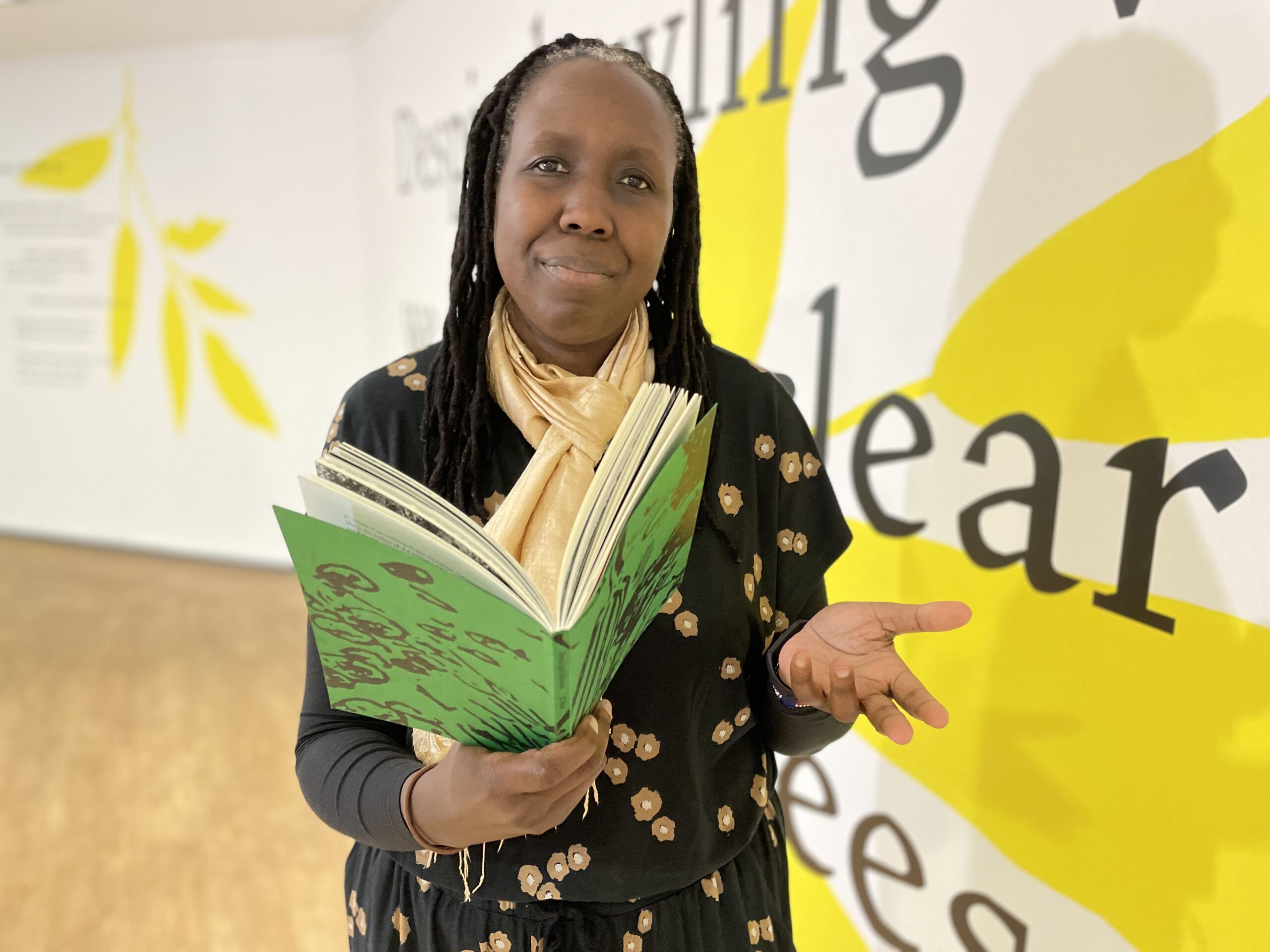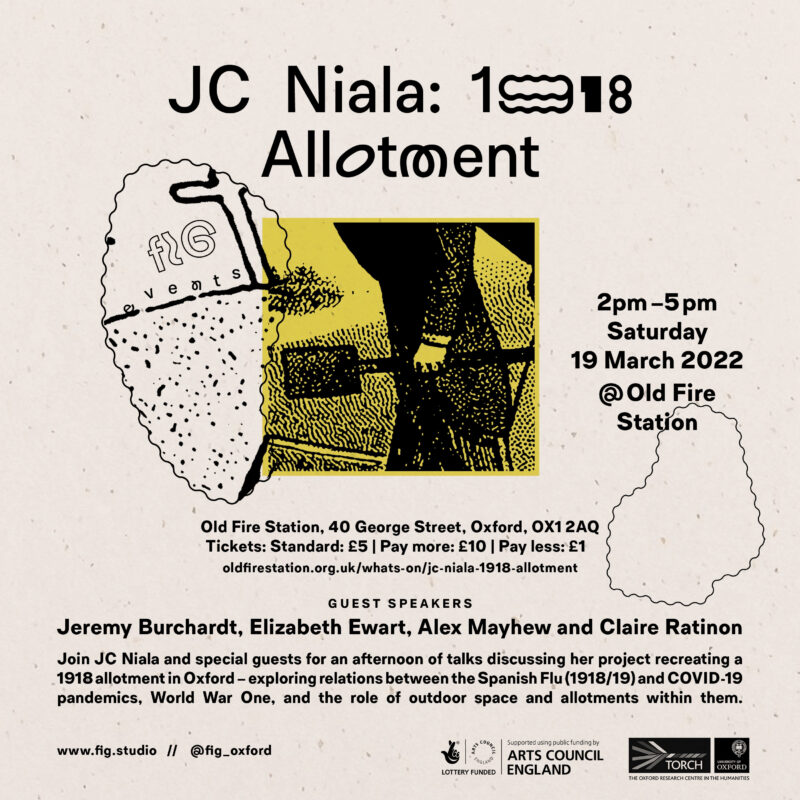Project
Between spring and autumn of 2021 JC Niala will recreate a 1918 style allotment on one of Fig’s plots on the Elder Stubbs Allotments, using open-pollinated non-hybrid seeds of ‘heirloom’ plant varieties.
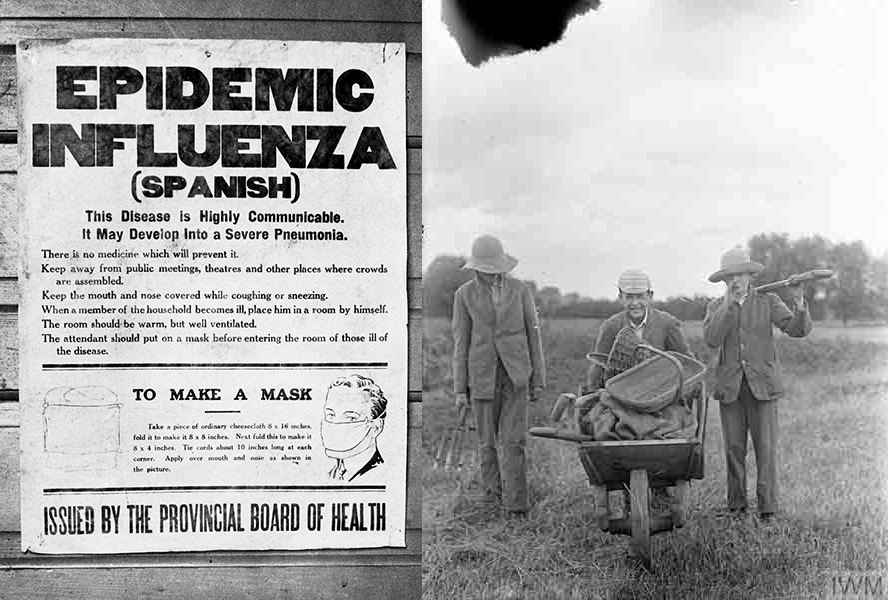
The 1918 Allotment will explore relations between the 1918 Spanish Flu and COVID-19 pandemics, and the particular role of outdoor space and allotments within them. Niala will produce a collection of poetry inspired by the project, shared at public readings on the site, and subsequently developed into a publication and exhibition.
In 1918 the Spanish flu pandemic began and went on to infect 500 million people in four successive waves. 1918 was also the end of WW1, a time of hope and huge growth in allotments as a result of emergency measure to mitigate food shortages.
1918 Allotment will operate as a space of growth and reflection, putting the Spanish Flu and COVID-19 pandemics into conversation with one another, and act as a living memorial and an invitation to bring a better future into the present. It asks the question – what does it mean to remember a previous pandemic as we struggle to heal in the face of the current one?
Niala’s project employs a method of horticultural re-enactment to create a living breathing space, which operates simultaneously as historical enquiry, embodied environment/process for poetic writing, and as a unique place for audiences to dwell in.
Niala’s anachronistic gesture of bringing the past into the future through the lens of the allotment, enables a range of contemporary contexts and concerns to be addressed, from the difference in public health messaging during the pandemics, particularly how outdoor space was, and continues to be, used for ‘healthy’ and safe activity, to concerns and policy regarding food security and notions of self-sufficiency, autonomy, and community. In addition, the global dimension of both WW1 and the pandemics, is addressed through the counterpoint of the hyperlocal allotment plot, and related phenomena of seed dispersal, disease transmission, hybridity, and concepts of native and non-native plant species.
Biography
JC Niala is a writer, WW1 historian and doctoral researcher at St. Catherine’s College, University of Oxford. Her research focuses on urban gardening and explores the ways in which our imaginations of nature affect how we treat it. JC has performed her poetry in various settings including in allotments in London as part of a 2016 Poetry School/ London Parks & Gardens Trust residency. Her debut non-fiction book A Loveliness of Ladybirds explores colonial history, urban allotments and natural history through her own life in Kenya and the U.K. Shortlisted for Canongate’s Nan Shepherd Prize in 2019, the book will be published by Little Toller Books in 2022. Her project Plant an Orchestra sources and aims to plant & tend 700 Mpingo (Dalbergia melanoxylon) trees that are used to make clarinets.

Connected articles

by JC Niala

by JC Niala

by JC Niala
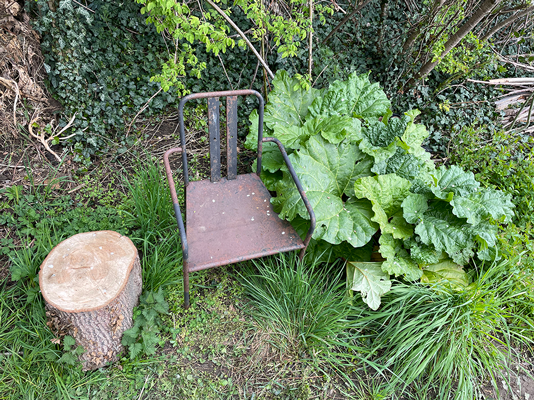
by JC Niala
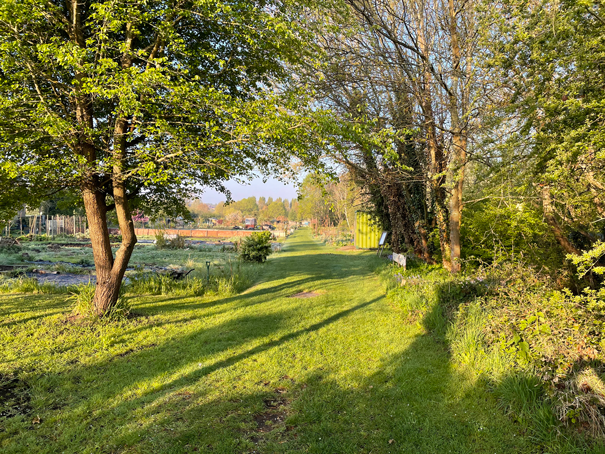
by JC Niala
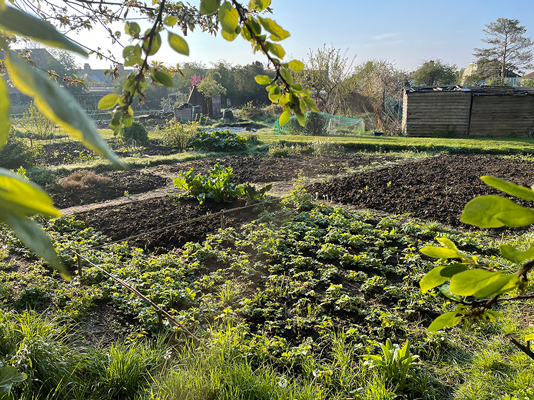
by JC Niala
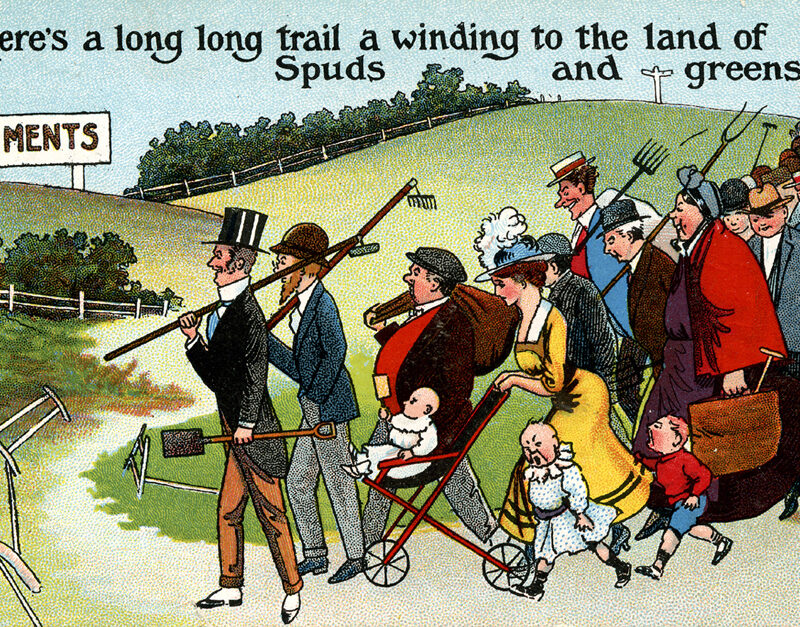
by JC Niala

by JC Niala

by JC Niala
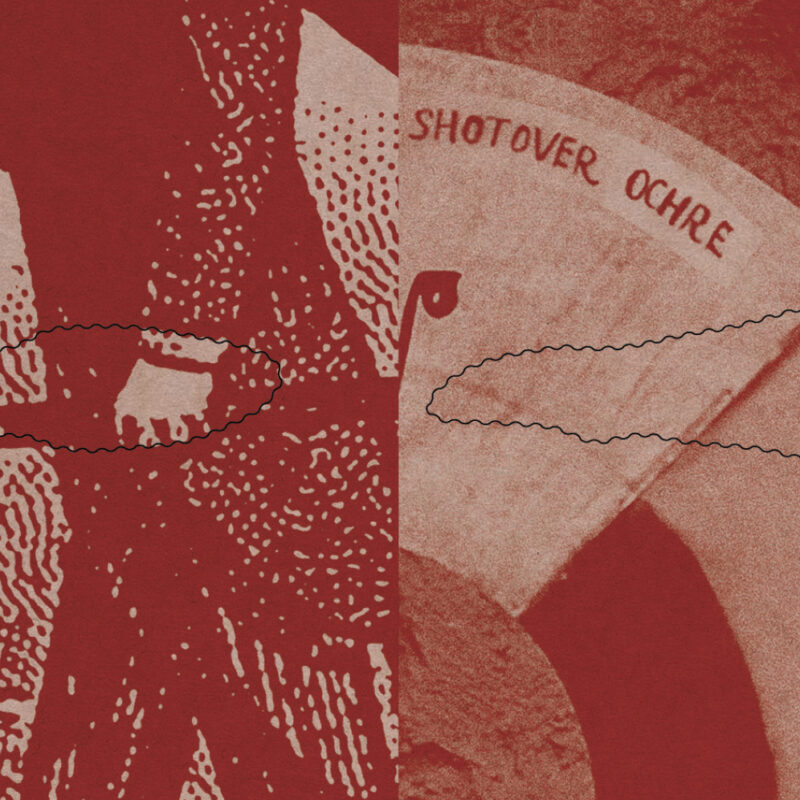
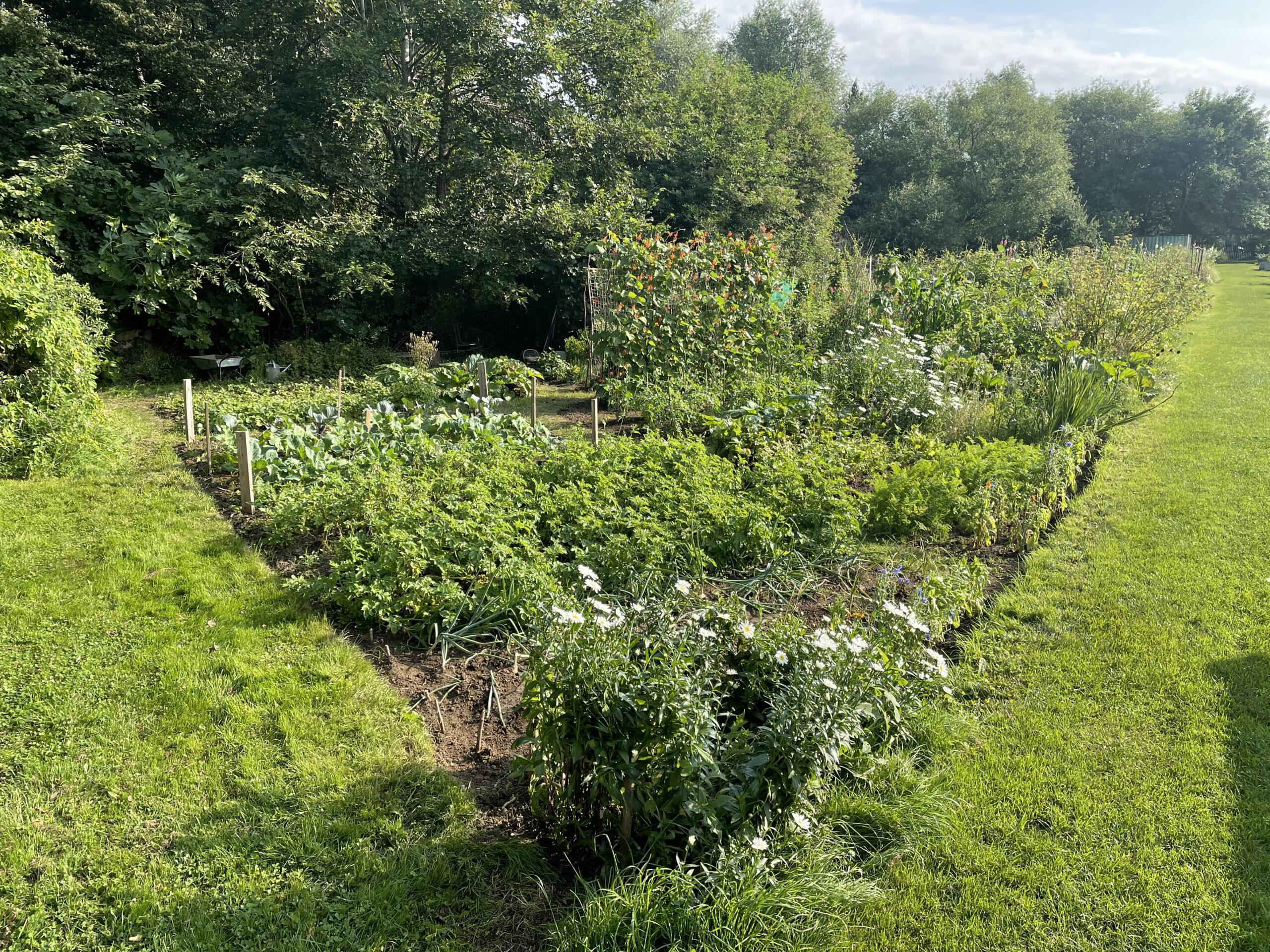
by JC Niala

by JC Niala
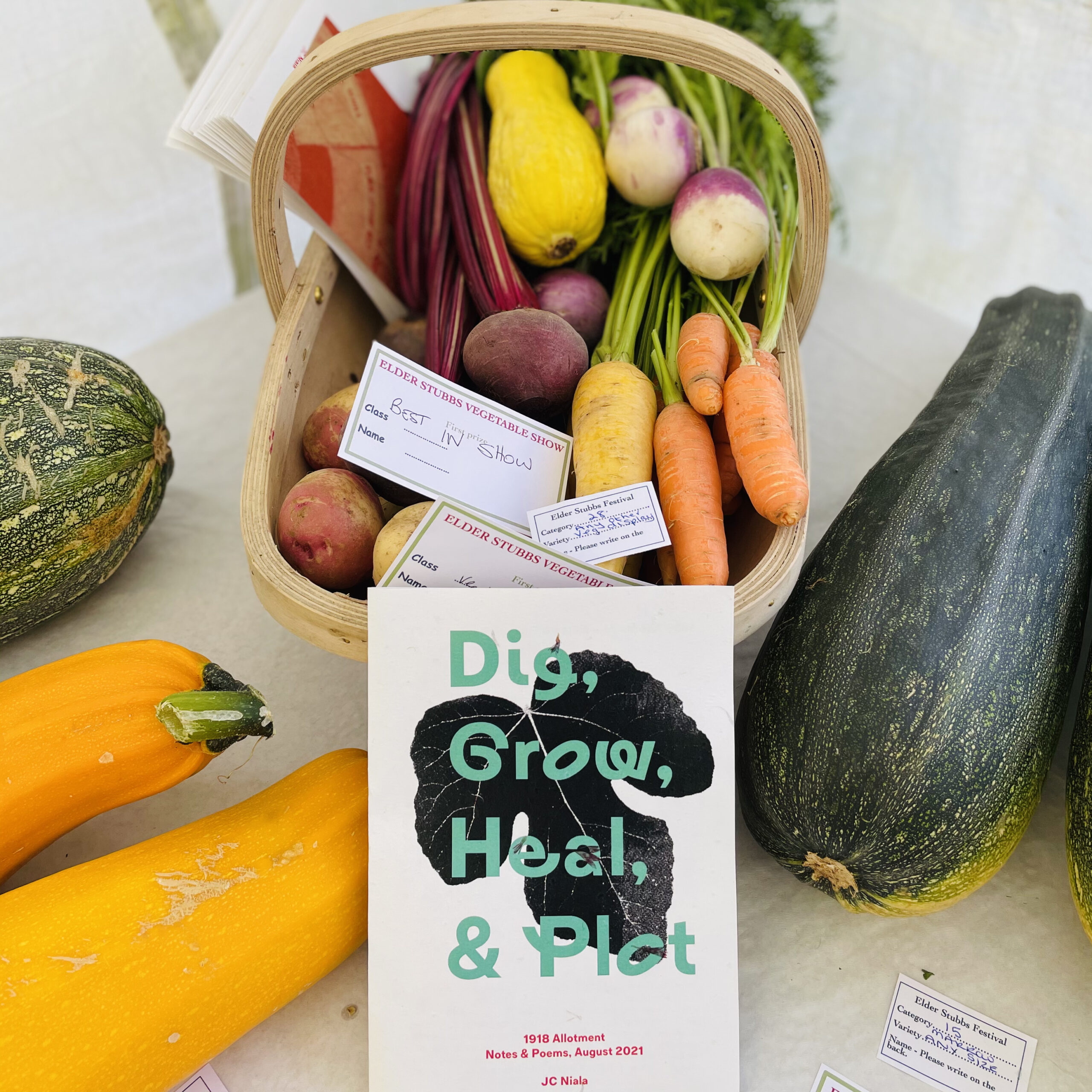
by JC Niala

by JC Niala
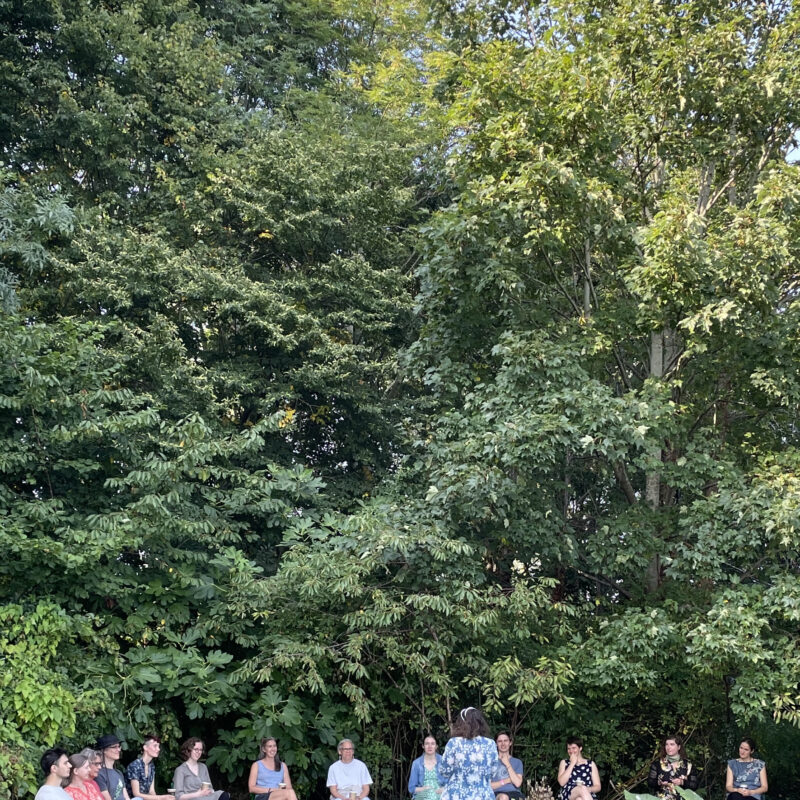
by Laura Theis

by JC Niala
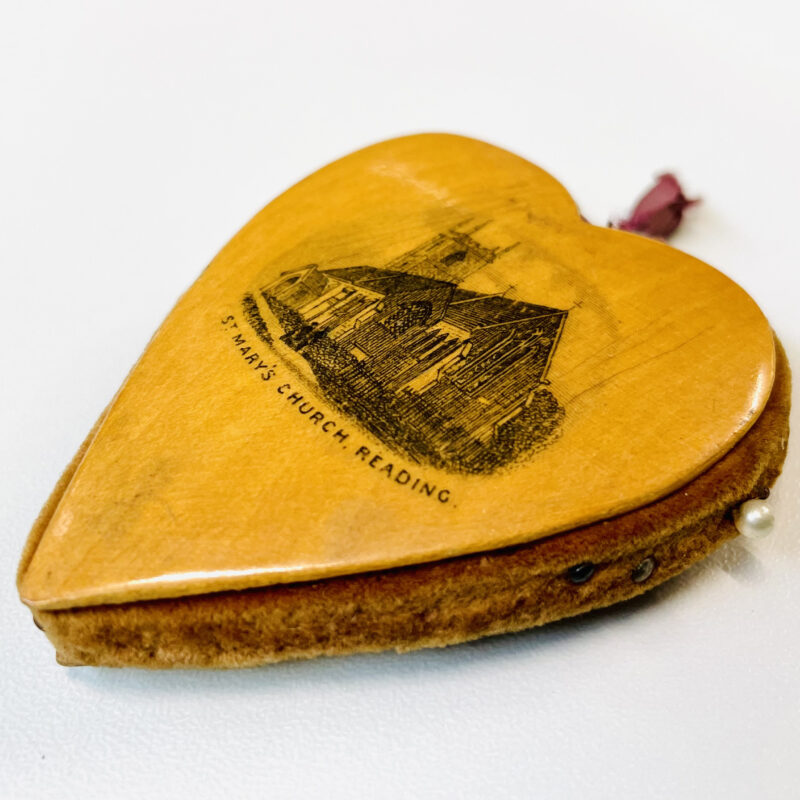
by JC Niala

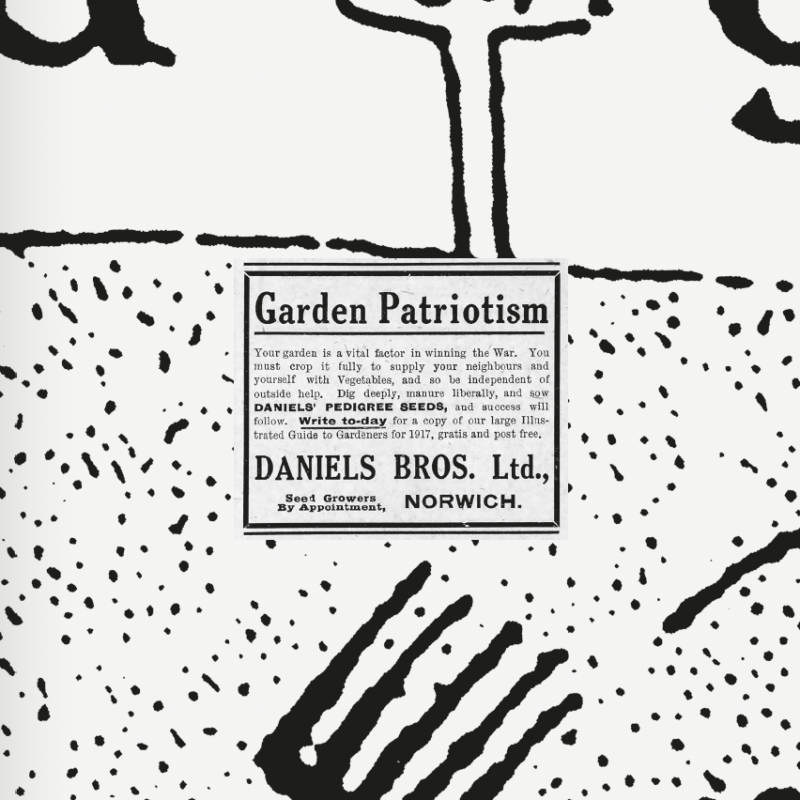
by JC Niala
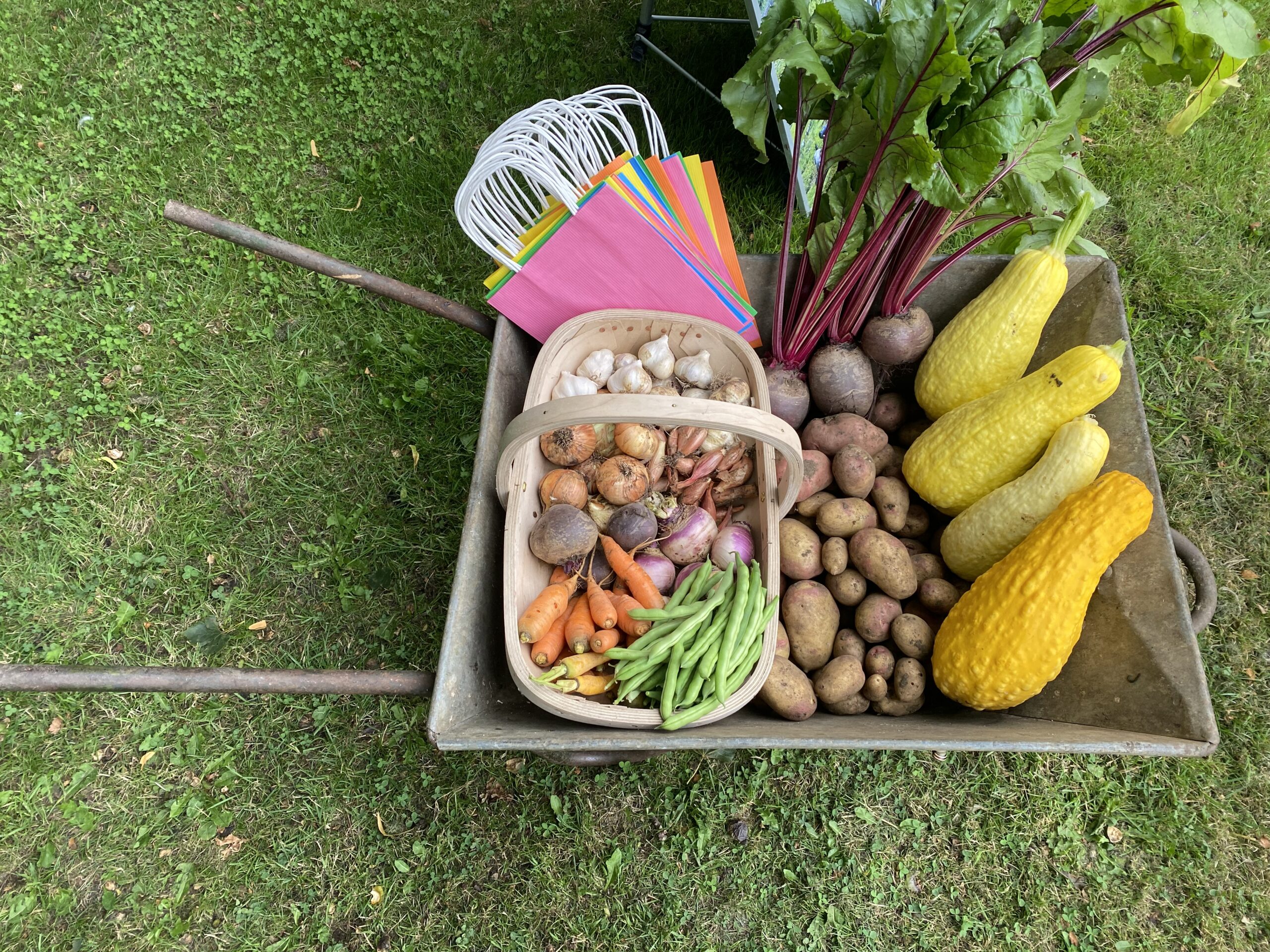
by JC Niala
